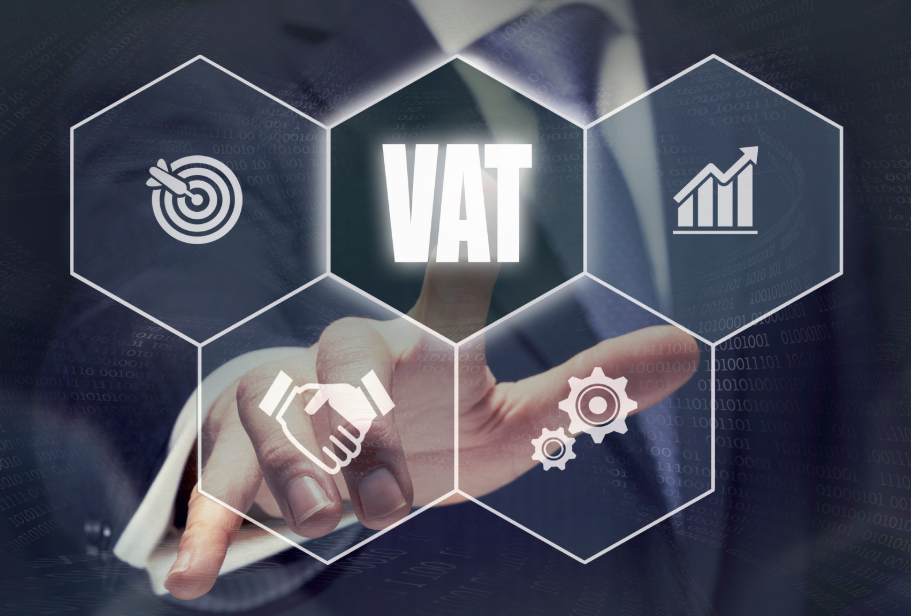With UAE’s fast-evolving business ecosystem and a strong VAT framework, understanding your tax obligations is essential—especially for foreign companies and expats looking to trade or deliver services in the Emirates. If you’re a non-resident making taxable supplies, the UAE requires you to register for VAT. This blog demystifies the process and provides expert tips on achieving compliance smoothly in 2025.
Who Needs to Register for VAT in the UAE as a Non-Resident?
Mandatory for Foreign Businesses: Any non-UAE-resident entity supplying taxable goods or services in the UAE must register for VAT if there’s no local buyer responsible for accounting via the reverse charge mechanism.
No Revenue Threshold: Unlike UAE-based entities that register after AED 375,000 in taxable turnover, non-residents have no minimum threshold. VAT registration is mandatory from the first dirham of taxable supply.
B2C Digital Services: Foreign businesses offering digital or remote services directly to UAE consumers must register for VAT and handle collection themselves.
Key Steps to Foreign Company VAT Registration
1. Register via the FTA Portal
Create an account on the UAE Federal Tax Authority’s e-Services portal to begin your registration.
2. Prepare Required Documentation
- Valid commercial/trade license (if available)
- Passport/ID of the authorized representative
- Contracts, invoices, or proof of taxable activity in the UAE
- Proof of address (lease, utility bill)
- Revenue forecasts or bank details
3. Submit the Application
Fill out the form accurately, upload documents and await FTA approval. Processing usually takes 20–30 working days.
Tax Grouping and Reverse Charge: What Expats Must Know
Reverse Charge Exceptions: If you’re supplying a UAE VAT-registered business (B2B), that entity may account for VAT via the reverse charge mechanism—in which case you might not need to register.
VAT Grouping: Only available to entities with fixed establishments in the UAE. Most foreign businesses will not qualify unless they have a local branch or legal entity.

Compliance Tips: UAE VAT for Expats
1. Register Before Transacting
Always complete your VAT registration before making any taxable supply to avoid the AED 10,000 penalty.
2. Keep Organized Records
Maintain contracts, invoices and expense records for at least 5 years in accordance with FTA rules.
3. Understand Customer Type
If you’re selling B2C, you must register. For B2B, the reverse charge might apply, potentially relieving you of direct VAT responsibilities.
4. Appoint a Local VAT Agent
Partnering with UAE-based tax professionals simplifies compliance, ensures timely filings, and helps you avoid fines.
How MH Solutions UAE Supports Foreign Businesses
At MH Solutions UAE, we specialize in helping non-resident businesses with:
- VAT registration and TRN application support
- Tax planning for cross-border supplies
- Ongoing VAT compliance and return filing
- Strategic consultation on reverse charge and input tax
Visit: mhsolutionuae.com
Call: +971 555594403
FAQs
Q1: Is there a turnover threshold for foreign VAT registration?
No. Even one taxable transaction triggers the requirement to register.
Q2: Can foreign businesses claim input VAT?
Yes, if they are registered and have valid UAE tax invoices for eligible expenses.
Q3: How long does VAT registration take?
Typically between 20 to 30 business days after complete document submission.
Q4: Can I register without a UAE office?
Yes, but you must provide a valid address and proof of legitimate business activity.
Q5: What happens if I delay registration?
You may face a penalty of AED 10,000, along with fines for late filing or incorrect data.

